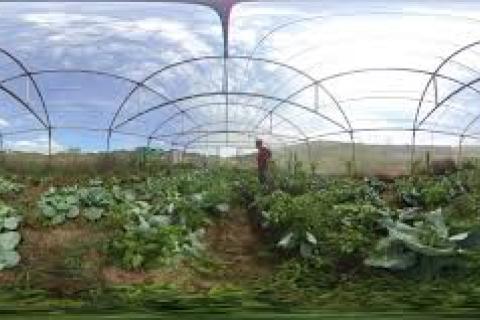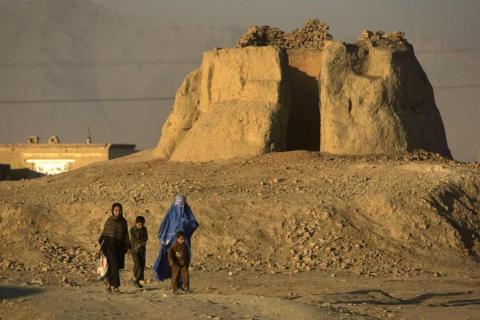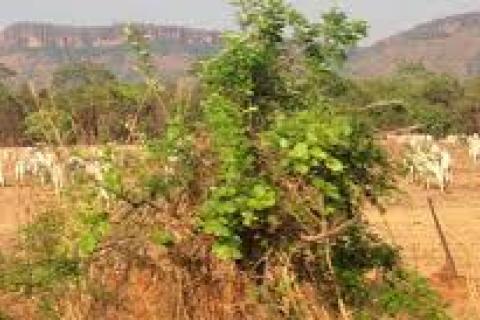In New York, a diverse, new group works the soil
Women and non-binary people are running some of the best-known organic farms on Long Island, in what is a growing, $50 billion industry nationwide
AMAGANSETT, N.Y., (Reuters) - Sporting a backwards gray cap, studded earrings and a thin, head-to-toe layer of dirt, Layton Guenther took a break from the day's fieldwork to talk about their path from an upper-middle-class suburb to a Long Island, New York, farm.











